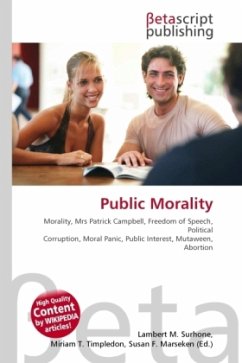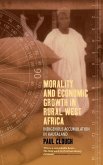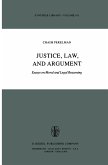High Quality Content by WIKIPEDIA articles! Public morality refers to moral and ethical standards enforced in a society, by law or police work or social pressure, and applied to public life, to the content of the media, and to conduct in public places. A famous remark of Mrs Patrick Campbell, that she didn't care what people did as long as they 'didn't frighten the horses' shows that in some sense even high tolerance expects a public limitation on behaviour (sexual conduct is implied here). At the opposite extreme a theocracy may equate public morality with religious instruction, and give both the equal force of law. Public morality often means regulation of sexual matters, including prostitution and homosexuality, but also matters of dress and nudity, pornography, acceptability in social terms of cohabitation before marriage, and the protection of children. It is a main justification for censorship; it can lead to campaigns against profanity, and so be at odds with freedom of speech. Gambling is generally controlled: casinos have been considered much more of a threat than large-scale lotteries or football pools.








